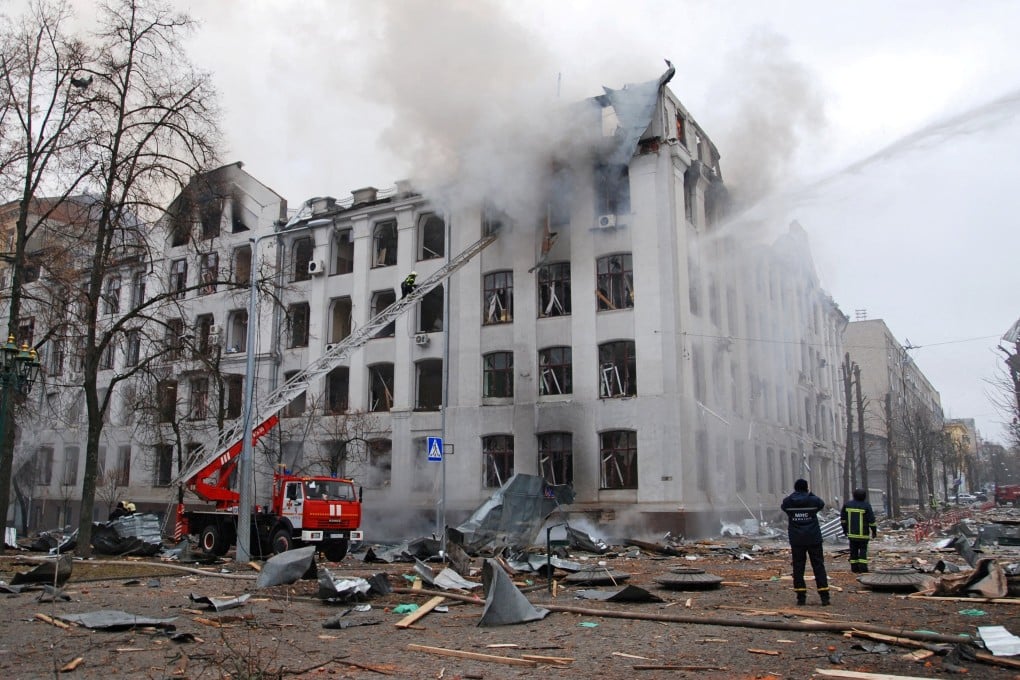Opinion | As Russia closes its doors on academics, Central Asian universities have an opportunity to expand their networks
- Central Asia’s post-Soviet republics offer access to the Russian language, the Soviet past and the post-Soviet world, and are uniquely placed to build links with institutions that have lost access to Russia
- To make the most of this, higher education institutions in the region should act to assert academic freedom, in contrast with those in Russia

Over the past 30 years, scholars and institutions of post-Soviet Russia have developed productive international networks and academic partnerships. Russia’s current self-imposed isolation, however, presents an opportunity for these institutions to grow and diversify their academic networks, particularly with Central Asia, with new possibilities for intellectual exchange.
In August 2001, I moved to Moscow to teach English with the US Peace Corps; a decade after its dissolution, Russian relations with the US and Europe remained open. Scholars and journalists enjoyed unique access to archives, libraries and peoples throughout the former USSR. New Russian universities established in the 1990s, such as the European University of St Petersburg and the Higher School of Economics, hired foreign professors.
We were unaware that this period of open exchange was about to end. The following year, the Russian government accused the Peace Corps of spying, and announced it was no longer welcome. And that was just the beginning.
After starting my graduate studies in Russian history at Georgetown University in Washington, I returned to Russia in 2008 to research my dissertation. Russian universities were still building a positive international reputation and attracting academic collaboration.

